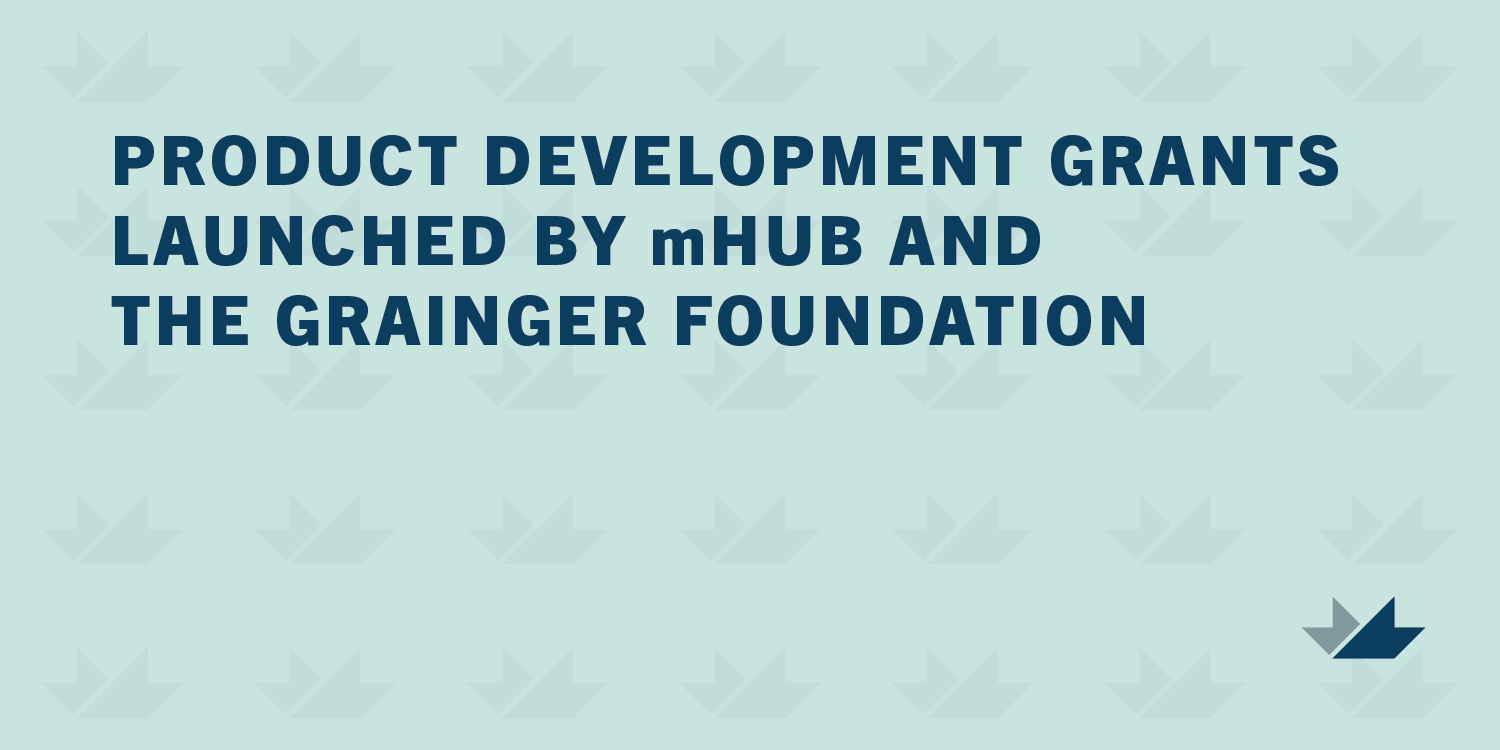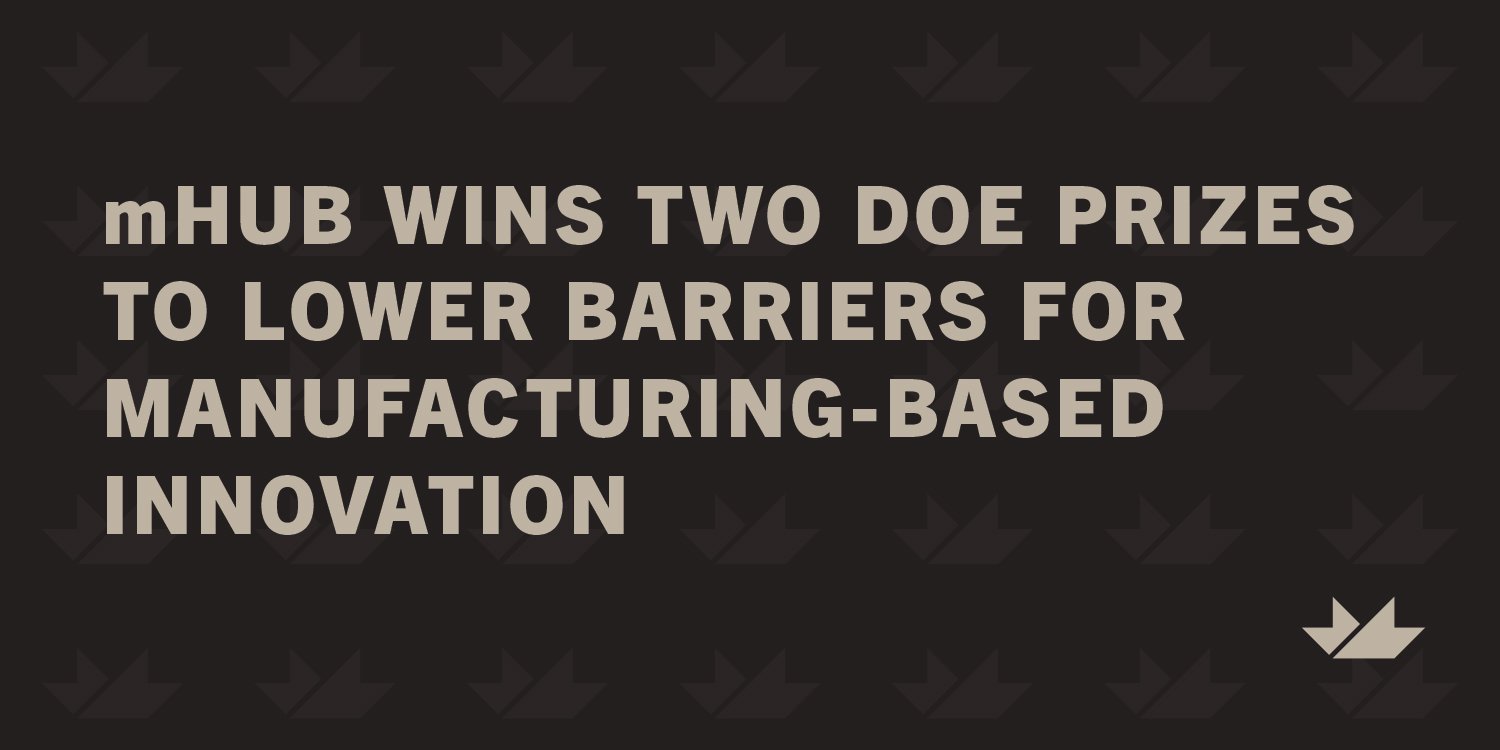
Impact of the mHUB Ecosystem
mHUB guides founders in launching hardtech solutions in energy, health, and manufacturing; supports industry in solving complex challenges; and is committed to growing U.S. based manufacturing businesses.
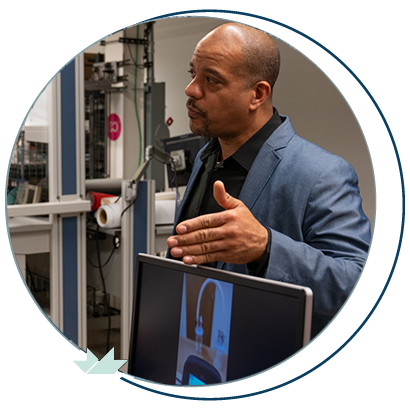
mHUB Impact Report
The 2024 mHUB Annual Report, "Building What the World Needs Next," chronicles an incredible year marked by securing the organization's new headquarters and solidifying mHUB as a national economic development institution.
Read the Report
Outcomes of enabling U.S. hardtech innovation and commercialization
Creating jobs and growing economies
mHUB has supported over 500 manufacturing-based startups and 200 manufacturers in building and launching over 1,700 new hardtech solutions, generating 1.96B in revenue, and creating over 6,800 jobs since the organization was founded in 2017.
Strengthening local talent pools
In its work supporting startups, mHUB has attracted industrial designers, material scientists, engineers, computer scientists, business administrators, and more who use the mHUB ecosystem to find contract and full-time work.
Creating opportunity
mHUB programs are designed to meet entrepreneurs where they are, putting startups on the right track. From its discovery stage mPOWER and Landis Family Fellowship programs, to its growth-stage Pilot and Supply Chain Readiness programs, mHUB is committed to improving the outcomes of startup success by matching them with the right resources at the right time.
Bolstering local supply chains
As startups seek contract manufacturers, mHUB makes connections to local suppliers to support local manufacturing economies, build supply chain resilience, and ensure the growth of critical technologies happens in the U.S. mHUB members spend $11M annually with manufacturers in the Midwest.
Economic impact of the mHUB startup community
$2.02B
Capital Raised
1,702
Products Launched
565
Patents Awarded
$1.96B
Revenue Generated
6,809
Employees Hired
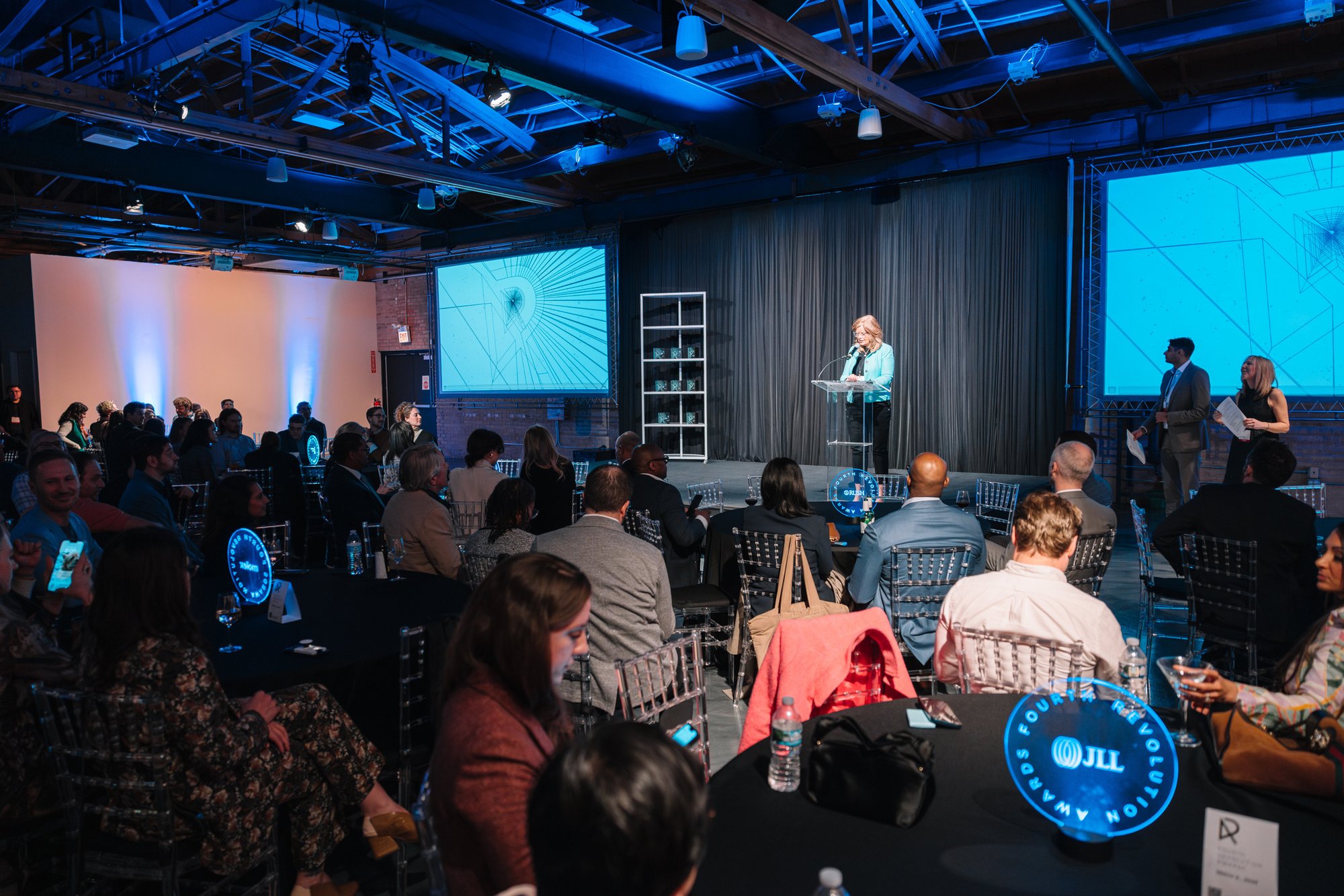
Connectivity for the innovation ecosystem
mHUB knows that tackling large, pervasive challenges takes a systems approach and requires collaboration across public and private sectors to power impact. That's why the organization builds, leads, and participates in important collaborations that engage stakeholders across the innovation ecosystem.
Learn more about the coalitions mHUB is involved in.
mHUB named to Fast Company’s Best Workplaces for Innovators 2025
mHUB was named to Fast Company’s 2025 Best Workplaces for Innovators list, recognizing the impact of an ecosystem that has supported hundreds of entrepreneurs since 2017, helping startups collectively raise more than $2B in capital, launch breakthrough technologies, and connect into U.S. manufacturing.
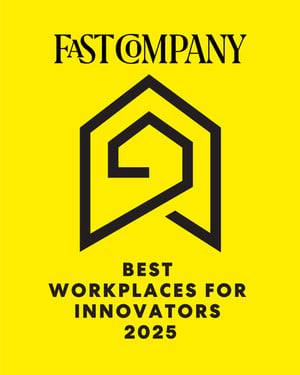
Community and Coalition Partners Include
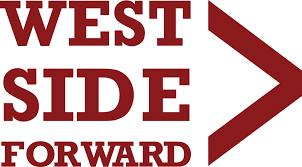
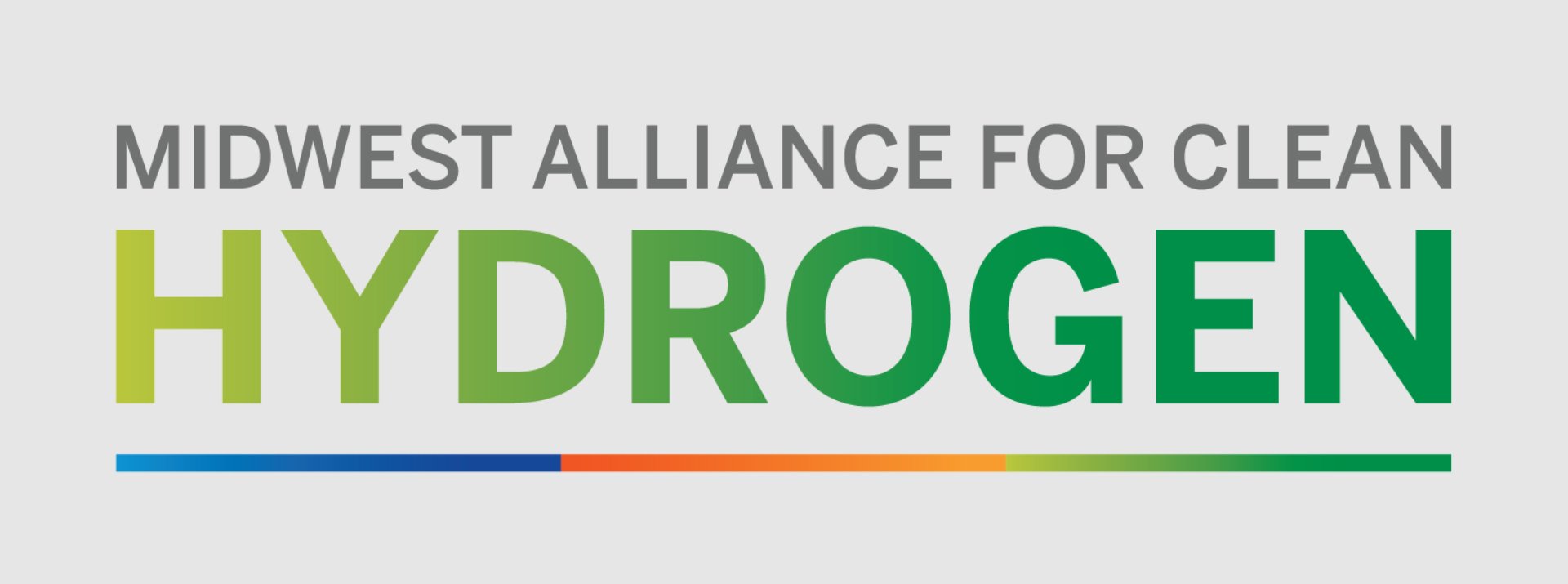
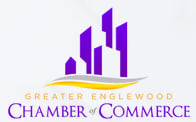

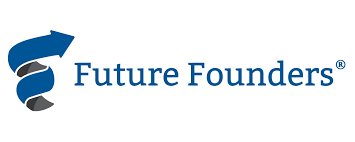
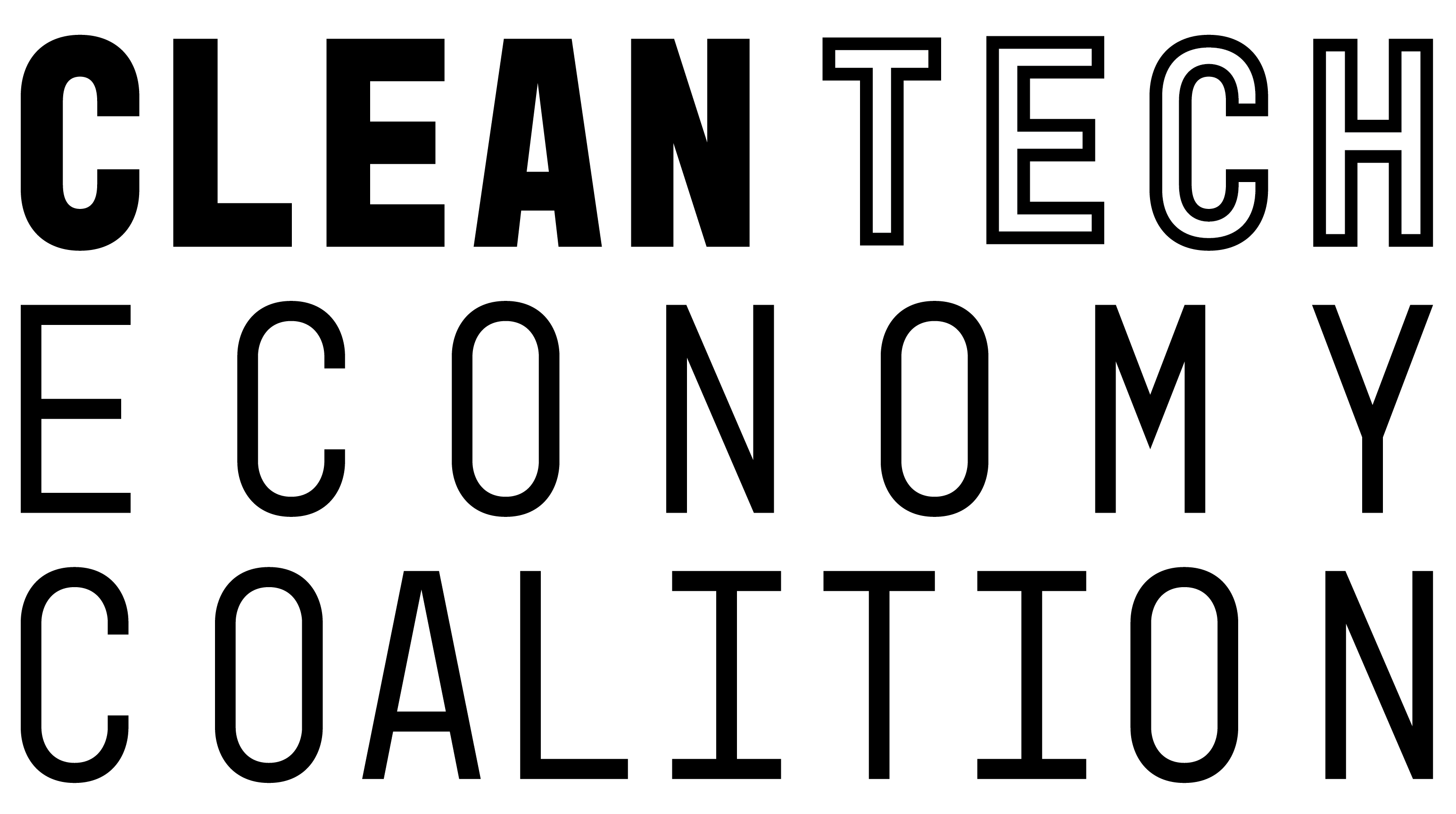
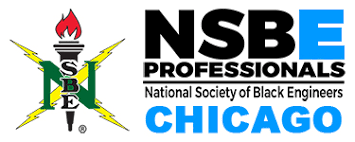

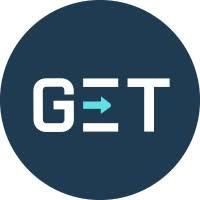

Want to get involved?
mHUB is a 501c3 based in Chicago advancing U.S. hardtech innovation and commercialization. Support from our philanthropic partners expand our programing, deepen our capacities, and provide the infrastructure required to grow our local, national, and global impact. Your support enables:
- Advancement of hardtech solutions for our people and planet, including technical support, prototyping labs, and pilot projects
- Collaboration across Chicago’s innovation and manufacturing ecosystem
- Cohort-based programming including mPower, Fellowship Programs, and our Accelerator programs
- Creation of career pathways and job opportunities within the manufacturing sector
Contact mHUB to discuss ways your family, foundation, or organization might collaborate with mHUB to positively impact humanity.
Complete the form below to subscribe to the mHUB Impact newsletter.
